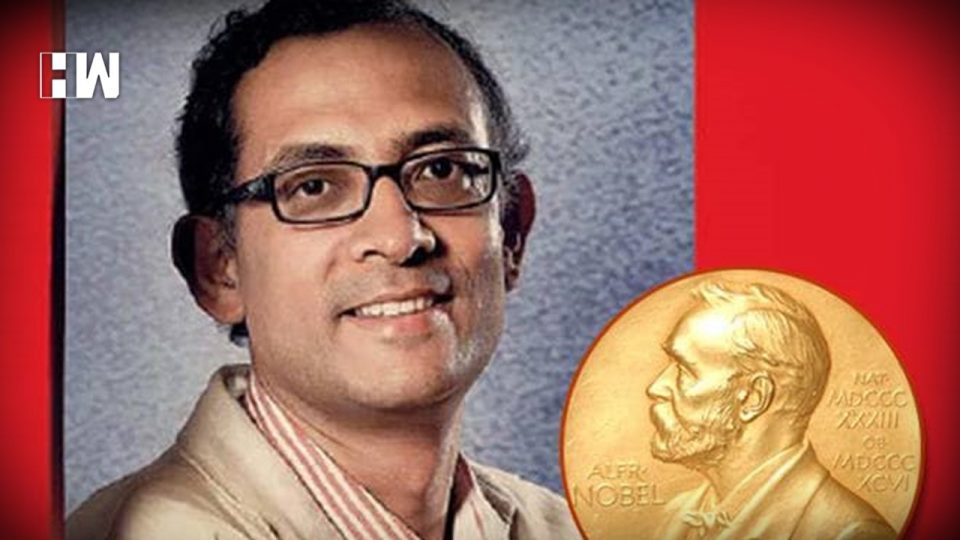Abhijit Banerjee, 58, was educated at the University of Calcutta, Jawaharlal Nehru University and later in Harvard University, received his Ph.D. in 1988
New Delhi: Indian-American Abhijit Banerjee bagged Alfred noble prize for economics along with his wife Esther Duflo and notable economist Michael Kremer jointly won the 2019 Nobel Economics Prize “for their experimental approach to alleviating global poverty,” the Royal Swedish Academy of Sciences said on Monday.
Abhijit Banerjee, 58, was educated at the University of Calcutta, Jawaharlal Nehru University and later in Harvard University, where he received his Ph.D. in 1988. Currently, he is the Ford Foundation International Professor of Economics at the Massachusetts Institute of Technology, according to his profile on the MIT website.
Banerjee founded the Abdul Latif Jameel Poverty Action Lab(J-PAL) in 2003, along with Duflo and Sendhil Mullainathan, and he remains one of the lab’s directors. He has served on the UN Secretary-General’s High-level Panel of Eminent Persons on the Post-2015 Development Agenda.
According to research, the 2019 Economic Sciences Laureates has considerably improved our ability to fight global poverty. Within two decades, their new experiment-based approach has transformed development economics, which is now a flourishing field of research.
Around 700 million people still subsist on extremely low incomes. Every year more than five million children still die before their fifth birthday, often from diseases that could be prevented or cured with relatively cheap and simple treatments.
Banerjee is the author of a large number of articles and four books, including Poor Economics, which won the Goldman Sachs Business Book of the Year. He is the editor of three more books and has directed two documentary films.
He also served on the UN Secretary-General’s High-level Panel of Eminent Persons on the Post-2015 Development Agenda, the website said.
Esther Duflo, born in 1972 in Paris, and received her Ph.D. in 1999 from MIT. She is the second woman and the youngest to win the Nobel in Economic Sciences.
In her research, she seeks to understand the economic lives of the poor, with the aim to help design and evaluate social policies. She is the Abdul Latif Jameel Professor of Poverty Alleviation and Development Economics in the Department of Economics at MIT.
Duflo has worked on health, education, financial inclusion, environment, and governance. Duflo’s first degrees were in history and economics from Ecole Normale Superieure in Paris, France.
The Noble prize is officially called the ‘Bank of Sweden Prize in Economic Sciences In Memory Of Alfred Nobel’ wasn’t created by the prize founder, but it is considered to be part of the Nobel stable of awards.
In the year 1968, the prize was created by Riksbanken, the Swedish central bank, and the first winner was selected a year later. So far, a total of 81 Nobel laureates in economic sciences has been awarded.
The glory comes a 9 million-kronor ($918,000) cash award, a gold medal, and a diploma.
The Peace Prize winners receive their awards on 10th December the anniversary of Nobel’s death in 1896 in Stockholm. The winner of the Peace Prize receives the award in Oslo, Norway.
As an independent media platform, we do not take advertisements from governments and corporate houses. It is you, our readers, who have supported us on our journey to do honest and unbiased journalism. Please contribute, so that we can continue to do the same in future.

